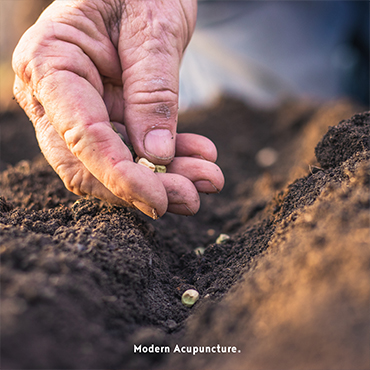Exploring the Connection between Manual Labor Jobs and Acupuncture

In a world that often celebrates automation and technological advancements, manual labor jobs remain a cornerstone of our society. These roles encompass a wide range of industries, from construction and agriculture to manufacturing and maintenance.
While manual labor can be physically demanding, it's important to address the toll it can take on the body. One effective and holistic approach to addressing the challenges manual laborers face is through acupuncture. This ancient practice, rooted in traditional Chinese medicine, has shown promise in alleviating pain, reducing stress, and promoting overall well-being for individuals engaged in manual labor.
Understanding Manual Labor Jobs
Manual labor jobs require individuals to engage in physical tasks that demand significant strength, endurance, and repetitive motions. Workers in these roles often face challenges such as musculoskeletal pain, joint issues, and fatigue due to the repetitive nature of their work. Over time, these challenges can lead to chronic conditions, decreased productivity, and a compromised quality of life.
The Basics of Acupuncture
Acupuncture, a key component of traditional Chinese medicine, involves the insertion of thin needles into specific points on the body. These points are believed to be connected to pathways which can influence various bodily functions. By stimulating these points, acupuncture aims to restore the balance of energy flow and promote the body's natural healing processes.
Benefits of Acupuncture for Manual Laborers
Pain Relief: One of the most notable benefits of acupuncture is its ability to alleviate pain. Manual laborers often experience muscle tension, joint pain, and other physical discomforts. Acupuncture can stimulate the release of endorphins, the body's natural painkillers, providing relief from pain and promoting relaxation.
Stress Reduction: The demands of manual labor jobs can lead to high levels of stress. Acupuncture has been shown to activate the parasympathetic nervous system, which induces a state of relaxation. This can help manual laborers manage stress more effectively and improve their overall mental well-being.
Improved Circulation: Manual labor can sometimes lead to reduced blood circulation due to prolonged periods of repetitive movement or stationary positions. Acupuncture can enhance blood flow by dilating blood vessels, aiding in the delivery of oxygen and nutrients to muscles and tissues.
Enhanced Range of Motion: Repetitive motions in manual labor can lead to reduced range of motion and stiffness. Acupuncture can help release tension in muscles and connective tissues, promoting flexibility and better range of motion.
Holistic Approach: Acupuncture treats the body as a whole, addressing not only physical symptoms but also emotional and energetic imbalances. This holistic approach aligns well with the multifaceted challenges manual laborers face.
Incorporating Acupuncture into a Manual Laborer's Routine
Consultation: Begin by consulting a licensed acupuncturist who has experience in treating individuals with physical labor-related issues. They will conduct an assessment and develop a personalized treatment plan based on your specific needs.
Regular Sessions: Acupuncture is most effective when it's part of a consistent routine. Depending on your condition, you may need to attend multiple sessions over a period of time.
Complementary Practices: Combine acupuncture with other healthy habits, such as proper nutrition, hydration, and regular exercise, to maximize its benefits.
Manual labor jobs play an essential role in society, but they can also take a toll on the physical and mental well-being of those who perform them. Acupuncture offers a holistic and time-tested approach to addressing the challenges manual laborers face.
By promoting pain relief, stress reduction, and overall wellness, acupuncture can provide much-needed support to individuals engaged in physically demanding work. If you're a manual laborer looking to enhance your well-being and quality of life, consider exploring the benefits of acupuncture as a valuable addition to your self-care routine. Always consult with a qualified healthcare professional before starting any new treatment regimen.
[Back to main news page]



